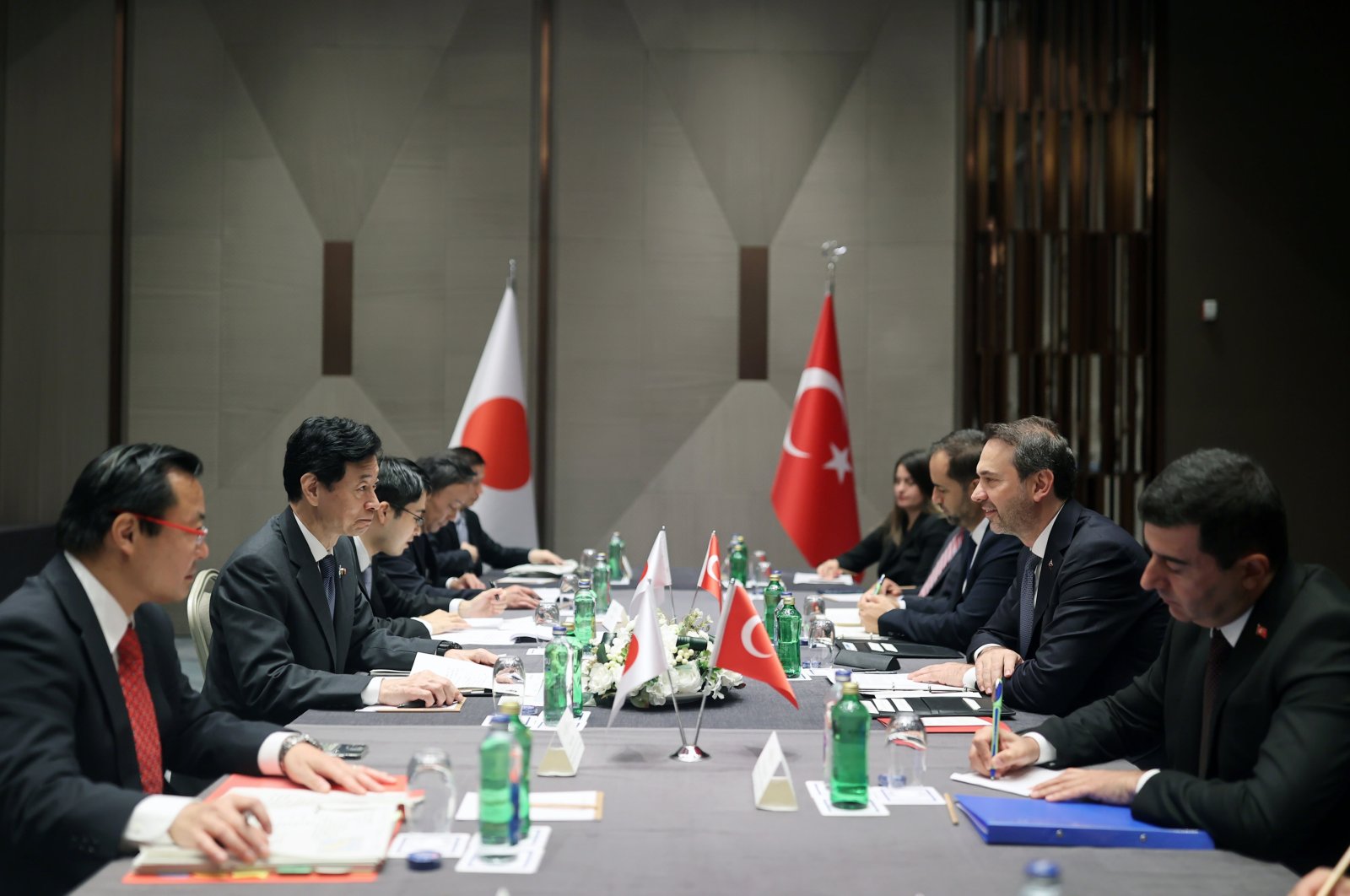SOCCER: Euro 2008 bid examination
AUSTRIA AND SWITZERLAND
Advantages: Good political backing, with UEFA and FIFA both based in Switzerland.
Austria have bid unsuccessfully in the past for 1996 and 2004.
Decent stadia, with a possible 1.2million ticket sales, and neither country has staged a major football tournament since the 1958 World Cup in Switzerland.
Disadvantages: It would mean the European Championships taking place in central Europe just two years after the World Cup in neighbouring Germany.
Are viewed as having low-key fan bases.
Anti-FIFA figures on the UEFA executive committee might see a vote for this bid as a vote for FIFA president Sepp Blatter.
Odds: 4-6
SCOTLAND AND IRELAND
Advantages: The best stadia of all the bids, six out of eight grounds with capacity of more than 50,000.
The best bid in terms of income for UEFA, offering a total of 1.7million ticket sales – 500,000 more than any rival.
Scottish and Irish fans have an unrivalled reputation across the world for enthusiasm and friendliness.
Disadvantages: Although the Irish Government have committed themselves to providing two stadia, there remains uncertainty over whether they would build a new one or would be allowed to use Croke Park which is currently restricted to Gaelic football.
The fact the championships were held within the British isles so recently (England, Euro 96).
Odds: 3-1
NORDIC BID (SWEDEN, NORWAY, DENMARK, FINLAND)
Advantages: Scandinavians carry heavy political clout within UEFA – – the president is Sweden`s Lennart Johansson.
Norway, Finland and Denmark have never staged a major football competition.
Good stadia available with a possible 1.2million ticket sales.
Disadvantages: Administrative complications of organising a tournament across four countries, with four different governments and numerous different security forces.
Sweden hosted the European Championship as recently as 1992.
Odds: 4-1
GREECE AND TURKEY
Advantages: An opportunity to build bridges between traditional political enemies, following the example of Korea and Japan.
Turkey, especially, is establishing itself as a footballing power in Europe and the game is hugely popular in both countries.
Disadvantages: Greece would struggle with the stadia required, as would Turkey to a lesser extent.
Another problem is the security situation with regard to fans, as Turkish supporters have been involved in a number of incidents in recent years, while Greece has its internal problems.
Odds: 12-1
RUSSIA
Advantages: One of only two single country bids, which at a stroke removes the administrative problems associated with co-hosting.
Will have a large potential fan base at every venue.
Disadvantages: Terrorist threat from Chechen rebels.
Big problems with the standard of stadia required.
The sheer distances in such a vast country could count against them.
Odds: 12-1
BOSNIA AND CROATIA
Advantages: A chance to use football to heal divisions caused by the war in the Balkans.
It would spread European football to countries which have never had the opportunity to host a major soccer event.
Disadvantages: Enormous problems with the stadia.
The security problem is less about fans and more about fears of the continued lack of stability in the region.
Odds: 20-1
HUNGARY
Advantages: Like Russia, has the advantage of being a single country bid.
Have shown their determination having unsuccessfully bid for 2004 jointly with Austria.
Disadvantages: Lost due mainly to poor stadia last time and the situation remains much the same now.
Little political backing on UEFA`s executive committee.
Odds: 25-1


